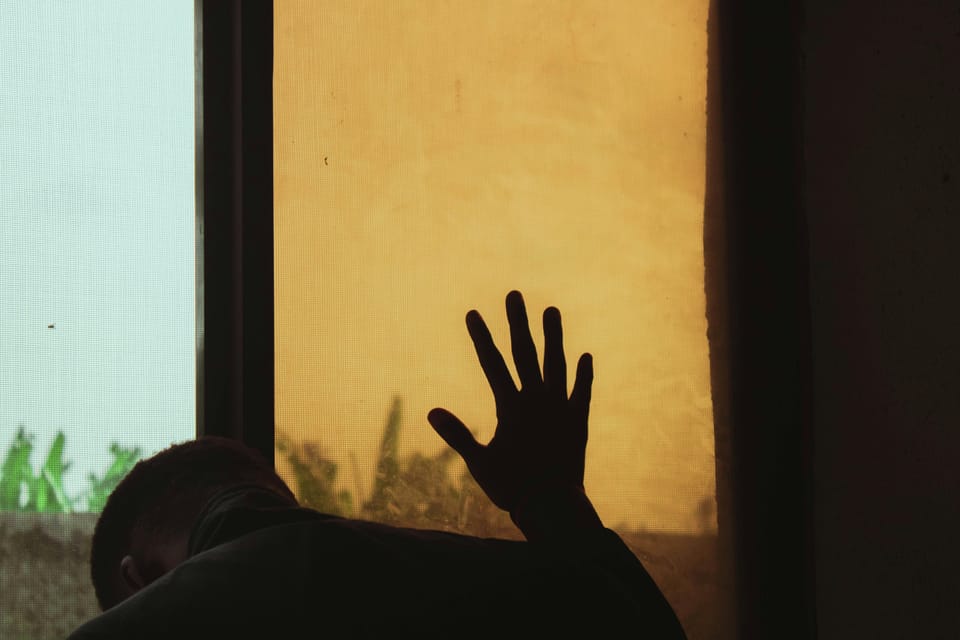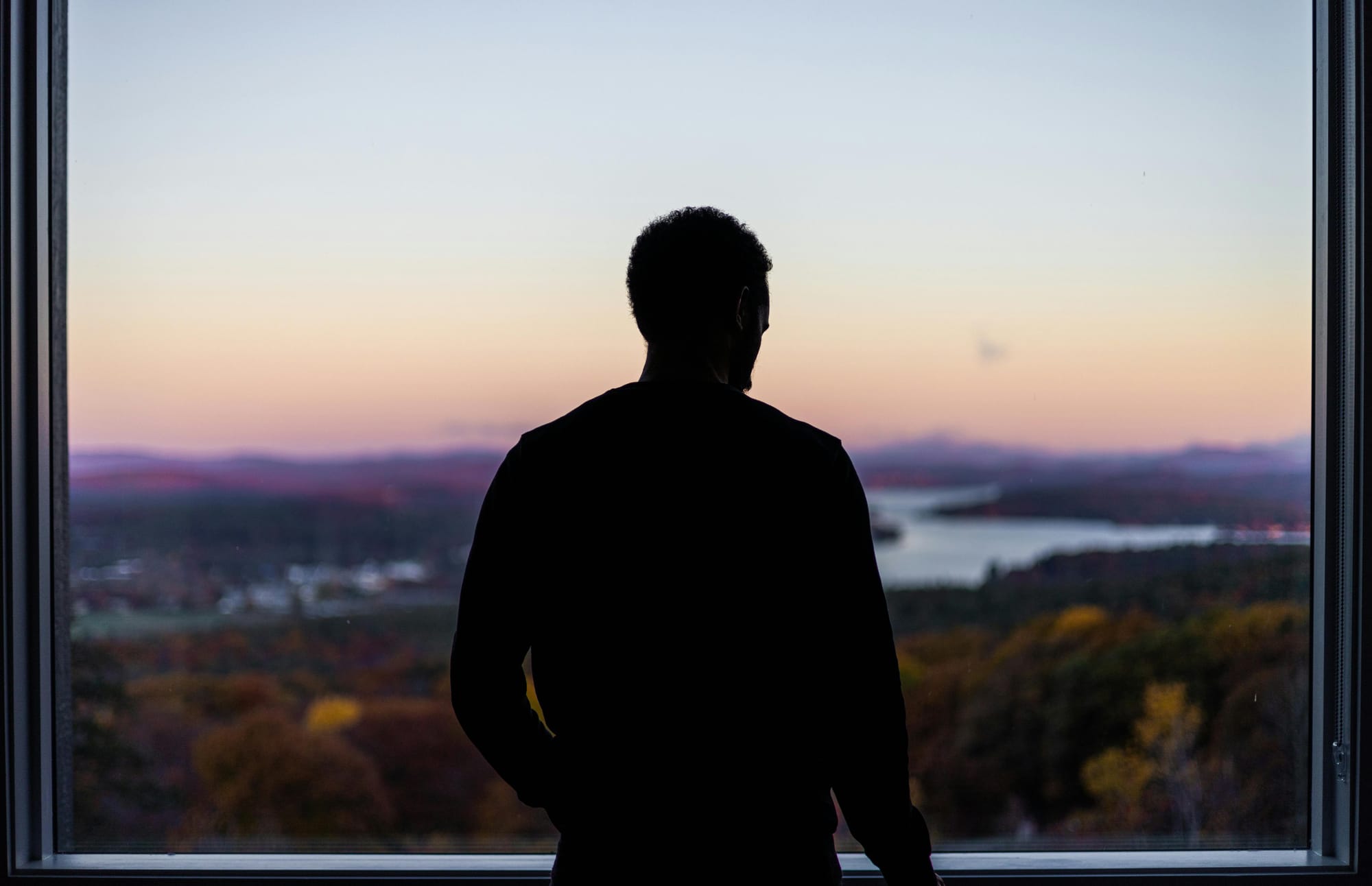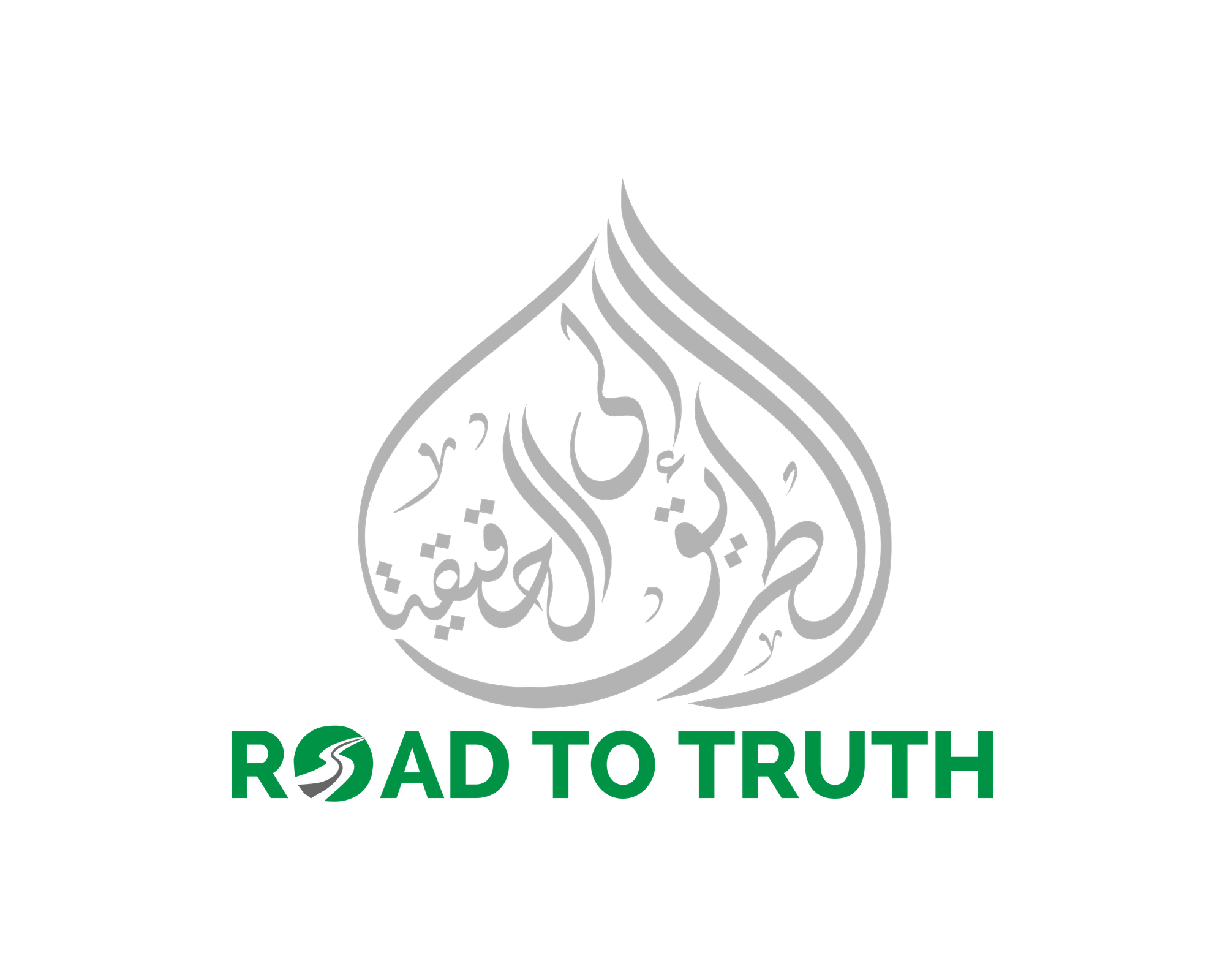Cries Unheard: Exposing the Epidemic of Male Abuse in America

In the rich tapestry of societal discourse, there exists a thread often overlooked: the abuse of men in the United States. Today, we must illuminate the shadows and confront this obscured reality that demands our attention. To turn a blind eye to this injustice is to condone its continuation within our society.
Behind the stark statistics lies a narrative of profound significance. Recent studies have revealed that approximately 1 in 10 men in the United States have encountered some form of intimate partner violence. Yet, these numbers fail to capture the depth of human suffering and resilience obscured by societal norms and misconceptions. Abusive behavior is not specific to one gender or the other, but applies to anyone enacting it. If we refuse to acknowledge that men can also be abused by their partners, then we are dealing a great injustice to humanity.
The phenomenon of women assaulting men often goes unacknowledged and unpunished, perpetuating a cycle of impunity and injustice. Societal norms and gender stereotypes often downplay or dismiss instances of female-perpetrated violence against men, contributing to a prevailing attitude that such behavior is inconsequential or even humorous. Consequently, male victims of assault may find themselves marginalized or disbelieved when they come forward to seek justice. Moreover, the legal system may fail to adequately address cases of female-perpetrated violence, with laws and policies often biased toward protecting women rather than holding them accountable for their actions. As a result, many men who experience assault at the hands of women are left without recourse, their suffering overlooked, and their perpetrators shielded from accountability. This systemic failure to address female-perpetrated violence not only denies justice to male victims but also perpetuates a culture of impunity that undermines the principles of equality and fairness in society.
But the story doesn't end there. Another troubling reality emerges: the prevalence of false accusations. Within discussions of domestic violence, it is estimated that up to 10% of accusations against men are unsubstantiated, casting innocent lives into the crucible of baseless allegations. It's crucial to acknowledge that this percentage represents merely the tip of the iceberg, hinting at a submerged mass of unspoken experiences. In many cases, there is little to no investigation into the veracity of the claims before a man can lose his home, access to his children, and even his reputation. This glaring lack of due process not only perpetuates injustice but also deepens the wounds inflicted by false accusations, leaving innocent individuals grappling with the fallout of unfounded charges. This also harms the children who lose access to building crucial relationships with their fathers. Statistics indicate a profound correlation between father absence and negative life outcomes. For instance, research suggests that 63% of youth suicides and 90% of homeless and runaway children come from fatherless homes. Moreover, a staggering 85% of youth in prison come from fatherless backgrounds, highlighting the critical role of paternal presence in shaping a child's future trajectory.

False allegations can be wielded as a potent weapon, often employed as a means of punishment against men. In the realm of domestic disputes, baseless accusations can irreparably tarnish a man's reputation, strip away his rights, and upend his life without due process. The repercussions of such allegations extend far beyond mere accusations, with innocent individuals facing the loss of their homes, custody of their children, and even their livelihoods. These unfounded charges not only inflict profound emotional and psychological harm but also perpetuate systemic injustices, leaving men grappling with the fallout of unsubstantiated claims and struggling to rebuild their shattered lives. In essence, false allegations serve as a form of punishment meted out without recourse to truth or justice, leaving innocent men ensnared in a web of unfounded accusations and societal stigma. The system which grew to protect women from male abusers has now also become a tool to enact punishment upon a man by his female partner.
In the world of abuse, it's vital to confront the painful reality of how the term itself can be weaponized, especially when women falsely accuse others of abuse where none exists. It's a topic that hits close to home for many, including myself, as I've witnessed the devastating effects of such misuse firsthand. In recent times, as awareness of the power of language has grown, so too has the risk of its manipulation. This heightened sensitivity, while with good intention, has created fertile ground for the reckless labeling of everyday disagreements or misunderstandings as "abuse." However, what's often overlooked is the profound harm this can inflict. Misusing the word "abuse" not only diminishes the credibility of genuine survivors but also leaves a trail of shattered trust and broken lives in its wake. Moreover, falsely accusing someone of abuse where none exists is, in essence, an act of abuse itself. It tears apart families, tarnishes reputations, and inflicts deep emotional wounds that can take years to heal. As we navigate discussions surrounding abuse, let's remember the human faces behind the labels and strive for a more nuanced understanding that honors the complexity of each individual's experience. By doing so, we can ensure the integrity of the word "abuse" as a word to enact justice rather than deal injustice.

Additionally, it is imperative to recognize that men, like all individuals, possess emotions that can be deeply wounded. Birth does not dictate moral standing, and no one should be cast as the villain solely on the basis of their gender. We must transcend narrow stereotypes and embrace the multifaceted nature of human experiences. The old adage, "sticks and stones may break my bones but words will never hurt me," stands exposed in the harsh light of reality. Words wield an undeniable power, capable of inflicting lasting emotional scars regardless of the recipient's gender. Verbal assaults leave behind wounds that often surpass the pain of physical injury. Society's failure to recognize and validate men's emotions perpetuates harmful stereotypes and stifles authentic expression. From a young age, men are often taught to suppress their feelings, equating vulnerability with weakness. This failure also implies that men cannot be hurt emotionally, therefore emotional abuse cases against men seem to never be heard of.
Furthermore, it's essential to consider the sobering statistics surrounding male suicide rates, which often go hand in hand with experiences of abuse and societal pressures. Globally, men are significantly more likely to die by suicide than women, with the World Health Organization reporting that the male suicide rate is approximately three to four times higher than that of females. While there are numerous complex factors at play, including societal expectations of stoicism and the stigma surrounding mental health issues, these statistics underscore the urgent need for a more nuanced understanding of the challenges faced by men and the importance of providing adequate support and resources to address their mental health needs.

The journey toward acknowledgment and healing is a deeply personal one, a path illuminated by the courage to break through the suffocating silence that often shrouds experiences of abuse. It's a journey that beckons us to create spaces where men can bravely unveil their stories, knowing they'll be met with empathy rather than skepticism. It's a call to action, demanding that we champion tailored resources and support mechanisms, crafted with the nuanced needs of male survivors in mind. But amidst the shadows, there is hope—a glimmer of light that whispers of resilience and renewal. For every survivor who finds the strength to speak out, there is a community waiting to embrace them with open arms. Together, we can rewrite the narrative, transforming silence into solidarity and pain into profound healing. After all, the victims of abuse, regardless of gender, are not just statistics—they are individuals deserving of our unwavering support and compassion.
Today, I extend a heartfelt invitation for you to join us in lifting the veil, to stand together as agents of change, breaking the barriers of silence that have long overshadowed the experiences of survivors. Let's embark on a journey of awareness and advocacy, forging a future where every individual, irrespective of gender, finds solace and unwavering support in the arms of a compassionate society. As we navigate this path towards a more just and equitable world, let's remember our shared humanity—a bond that transcends gender, race, or creed. Together, let's weave a tapestry of empathy and understanding, ensuring that no voice goes unheard and no pain goes unnoticed.
#BreakTheSilence #MaleAbuseAwareness #SupportSurvivors
